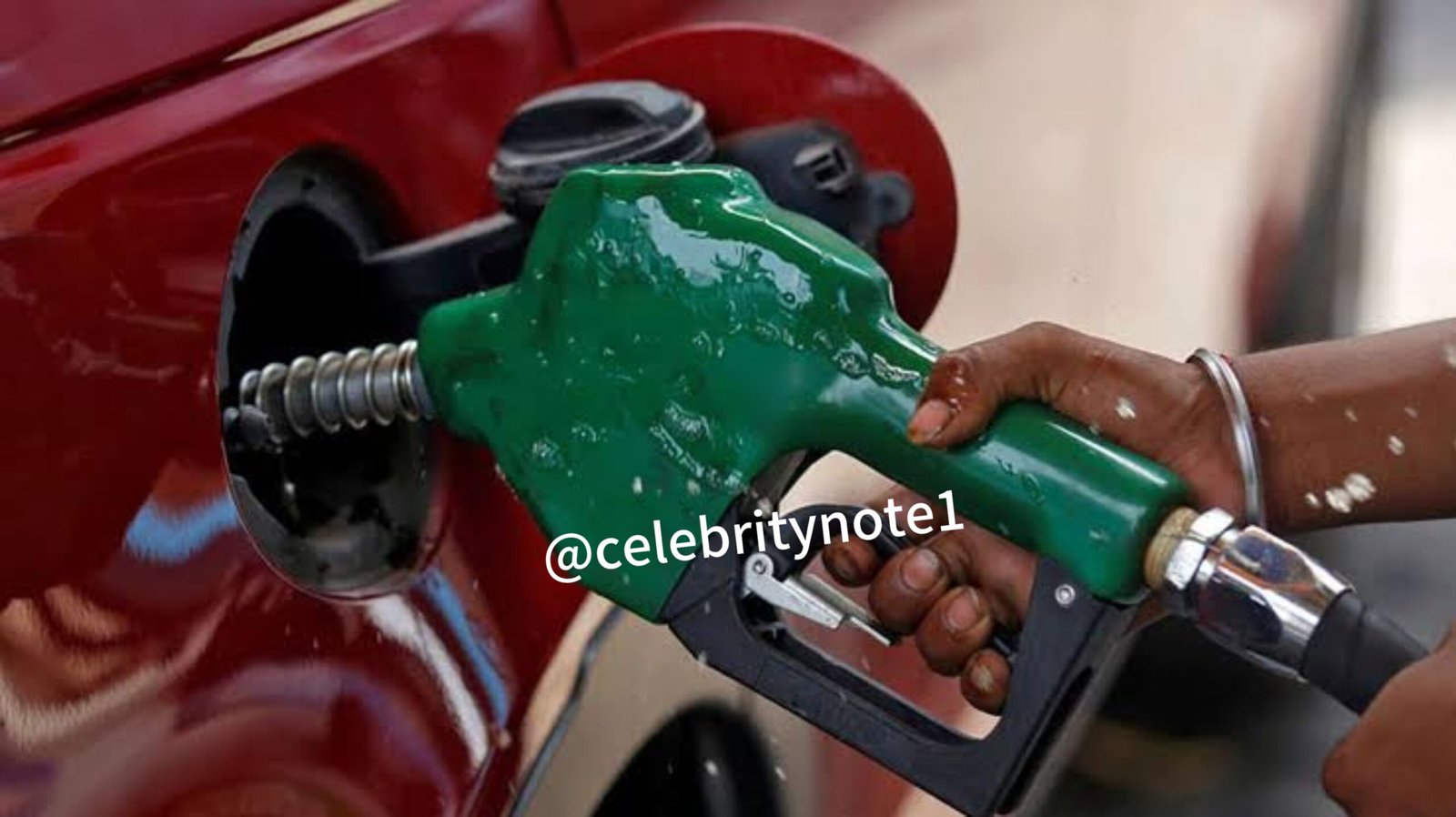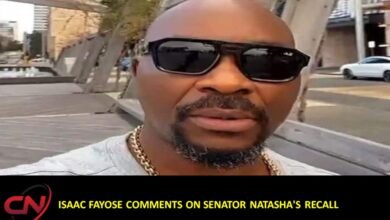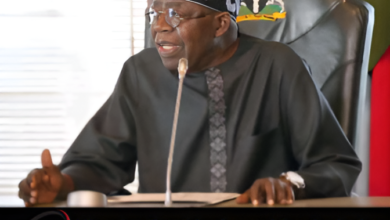Fuel Price Cuts Expected as Tinubu Stamps Subsidy

Oil marketers in Nigeria are optimistic about a further countrywide reduction in the price of gasoline from N965 to N935 per litre.
Advertisements
Fuel prices in the Federal Capital Territory, Abuja, are N935 and N965 per litre, respectively, according to information obtained on Monday from MRS filling stations and the Nigerian National Petroleum Company Limited.
Over the weekend, Dangote Refinery declared that it had teamed up with MRS filling stations to offer its gasoline at N935 per litre instead of N1,060.
NNPCL has also cut their pump price from N1,040 per litre to N965 in response to Dangote’s price cut.
MRS retail stores near the same area now sell fuel for N935, while NNPCL filling stations on Kubwa Motorway now charge N965.
Dangote Refinery and NNPCL engaged in a price war and competed over the PMS price template as a result of the development.
Billy Gillis-Harry, the national president of the Petroleum Products Retail Outlets Owners Association of Nigeria, and Chinedu Ukadike, the spokesperson for the Independent Petroleum Marketers Association of Nigeria, responded to the development in a statement on Monday, expressing optimism about additional petrol price reductions in the face of competition.
According to Gillis-Harry, the decrease in petrol prices at MRS and NNPCL retail locations is permanent and will have a ripple effect across the country.
“N935 per litre of petrol between Dangote Refinery and MRS has come to stay. Same with NNPCL at N965 per litre.
This will trickle down nationwide. In the coming days, the price of petrol may reduce below N935 per litre,” he stated.
According to Ukadike, the oil and gas industry’s recent decrease in petrol prices is an example of the benefits of deregulation.
He claimed that in order for companies like Dangote Refinery and NNPCL to remain afloat, lowering the price of petrol has become a crucial market tactic.
“The petrol price reduction spree as witnessed between Dangote Refinery and NNPCL is the beauty of deregulation. It shows that price reduction is the key market strategy.
The forces of demand and supply will continue to determine the prices of petrol.
We are expected to see more price reduction in the coming days as market forces remain key in the deregulated petroleum sector,” he said.









